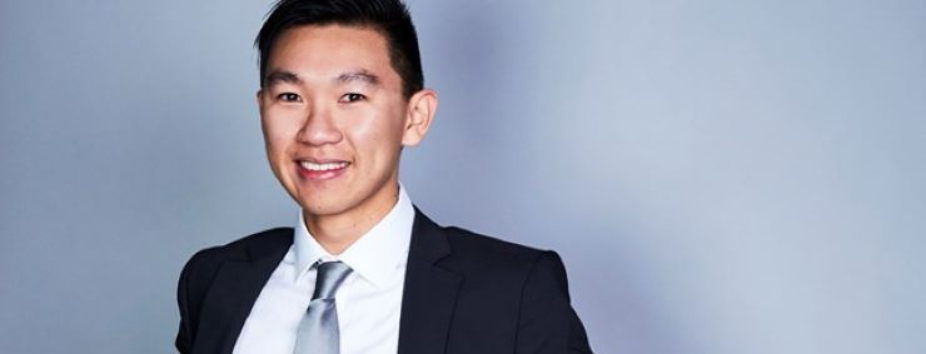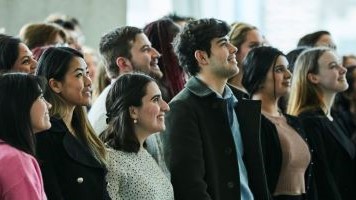
Written by Kenny Ng, Westpac Scholar, 2019 Asian Exchange Scholar
Having spent half my life growing up in Singapore, arguably the epitome of Asia, I thought I had always understood Asia.
The 2019 Westpac Scholars Shanghai Leadership Residential, run in collaboration with the Australian National University, proved that I could not be more wrong. The rigorous week-long program gathered Australia's current and future leaders in the Asia Pacific space, equipping this year's Westpac Asian Exchange Scholars with the right tools to help better identify, understand, analyse and communicate the challenges and opportunities of the region.
We discussed, debated and exchanged ideas with guest speakers ranging from the Australian Broadcasting Corporation's top foreign correspondent (Bill Birtles) to a prominent Chinese academic on the Australia-China geopolitical relationship (Prof Chen Hong); and other professionals from Australia, China, the US, Singapore, Germany, Indonesia and India (see acknowledgments below), including Australia's Consul-General in Shanghai and senior members of the Australian and American chambers of commerce.
Asia may not be easy to understand. The Leadership Residential made me ask myself: certainly, there is a set of defining features that could broadly characterise "Asia", but would it universally apply to every Asian context? Can Asia be fully understood at all?
Reflecting on my learnings from the Residential, I would think not, on both counts. Asia is the world's largest and most populous continent. Each culture within Asia is unique from each other, and must be understood both separately from each other and likewise with each other. Even in Shanghai alone, there were many things during that trip that still boggles me:
Why was there a man throwing what looked like live catfishes into the Wusong river in Shanghai's CBD in broad daylight (at 9am)? Why was there a man taking a pail of his washing atop a busy overhead pedestrian bridge next to up-market hotels at 7pm to do his laundry? Why was there a fully-nude man inside a restaurant by the streets, helping several fully-clothed others with chores at midnight, highly visible from the public's gaze through the restaurant's large windows?
I wanted to ask all these people all these questions, but I somehow felt I was in no position to do so. I concluded that how well I understood Asia will always only be relative to how well someone else did, and there continually remains much to learn and understand from Asia.
Asia is never still, changing day by day at a rapid rate. We in Australia live in the cushioned comforts of a developed country, buoyed by lands that are blessed with an abundance of natural resources and agriculture. Yet, we must guard against any complacency and be adaptive to these changes in developing Asia, in order to secure Australia's future prosperity and stability. China's steady growth and development, and leapfrogging advances in areas such as financial services and artificial intelligence, are constant reminders that Australia's economy must be further restructured to not fall behind. Particularly, Australia must diversify its exports to further complement China's growing economy, when the Chinese economy is simultaneously undergoing its own restructuring.
While no one can ever completely understand Asia, we must at least try. We must, at the very least, not just offer a listening ear, but more importantly, offer an understanding and collaborative mindset towards Asia. This is especially in regard to how Asia decides to take its course of development in the Asian Century. Australia needs to strive towards fostering deeper relationships with Asia that are beyond those that are solely built on mere mercantilism. We need to put aside our differences and set together our other similarities to secure long-lasting, honest and authentic relationships with the other players and peoples of our region.


